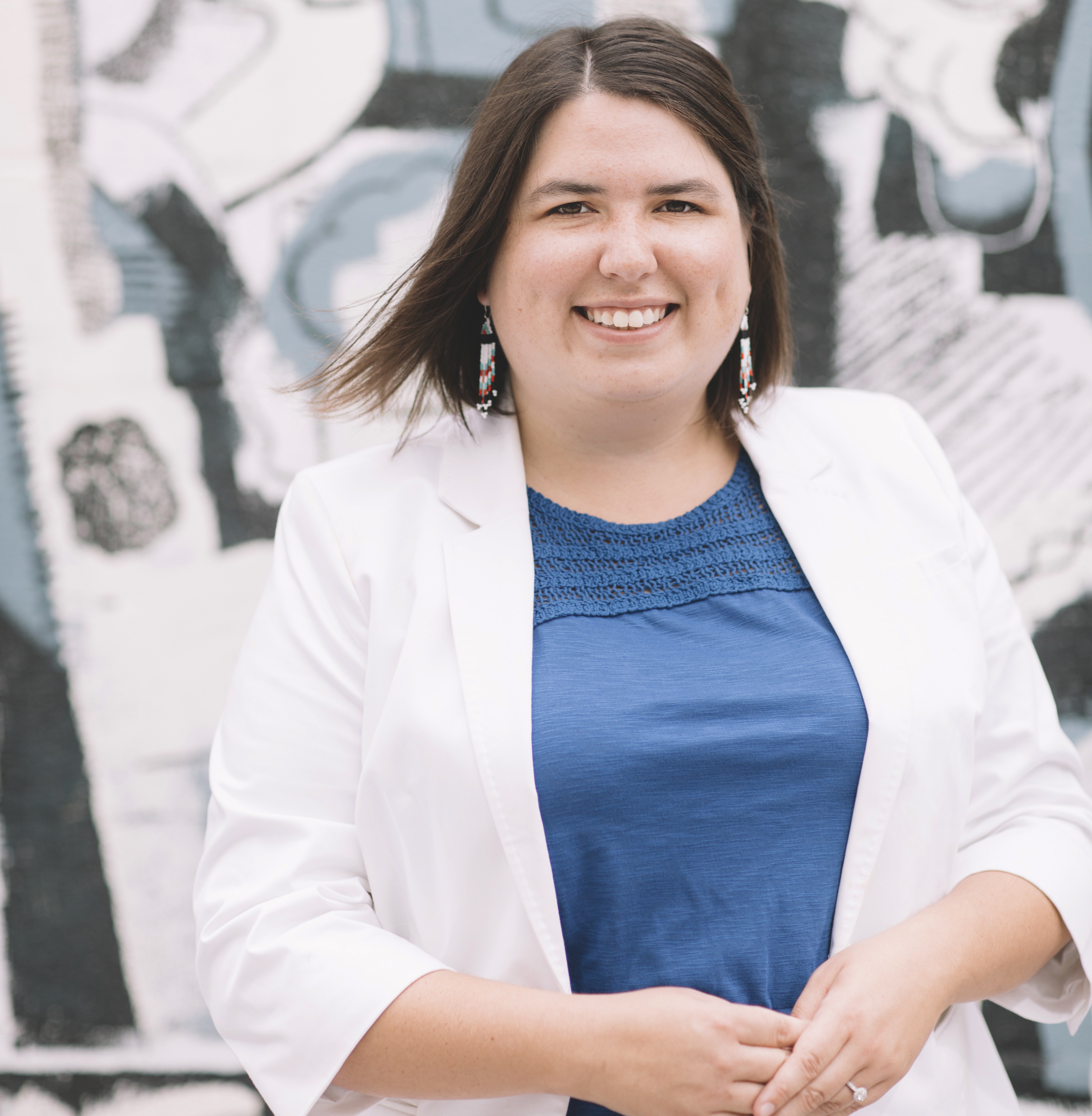Urban Indigenous Children Deserve Equal Access
Urban Indigenous Children Deserve Equal Access to Child Care
By Suze Morrison
August 2023

The most recent data from Statistics Canada shows that 88 percent of Indigenous People live off-reserve in urban centres across Ontario. This rapidly growing demographic makes up 2.5 percent of the total Ontario population. However, there is a significant gap in culturally relevant, Indigenous-led child care that urban Indigenous families can access.
Of the approximately 473,000 child care spaces currently in Ontario, 12,000 of those would need to be dedicated to urban Indigenous children to equitably match the population need. Currently, only about 2,000 spaces are in urban Indigenous child care sites – representing a staggering shortfall of nearly 10,000 spaces.
With unprecedented federal investments being made through the Canada-wide Early Learning and Child Care (CWELCC) funding, we have a once-in-a-generation opportunity to right these inequities and invest in Indigenous children.
The Role of Friendship Centres in Child Care Delivery
Ontario’s Friendship Centres have a long history of delivering services to Indigenous people who live in urban centres. Friendship Centres currently operate 13 EarlyON programs, seven child care centres, and two Head Start programs in addition to a wholistic suite of services in healthcare, education, justice, social services and more.
Despite a half-century of service delivery, the child care services delivered in Friendship Centres are not Indigenous-led. Instead, these programs are managed and administered through municipalities, uniquely isolating child care from the broader Urban Indigenous service delivery system managed through the Ontario Federation of Indigenous Friendship Centres (OFIFC).
The OFIFC advocates for Friendship Centres and also designs and secures funding for coordinated service delivery. We have heard from our member Friendship Centres how important expanding access to child care is for their communities and that authority over existing child care services must be transitioned to Indigenous-led.
Why Indigenous-led services matter
It’s important to examine the effect of colonialism when considering why the authority over raising and caring for Indigenous children has been disrupted. When we take into account the painful history of residential schools, the Sixties Scoop, the millennial scoop, and the ongoing overrepresentation of Indigenous children in the child welfare system, a strong commitment to Indigenous-led child care is easily seen as one of the most promising chances that we have at building lasting reconciliation.
A meaningful commitment to child care could change the course of Ontario’s relationship with urban Indigenous people. We can place responsibility for urban Indigenous child care where it belongs – in urban Indigenous-led organizations.
What needs to change
Two critical things need to happen to fully realize an urban Indigenous-led child care system. First, we need to transition the authority over existing child care services to be actually Indigenous-led, not just delivered in Indigenous spaces without Indigenous oversight or management.
We are immensely grateful to OMSSA’s leadership on this front. Together, we have established an OFIFC-OMSSA Taskforce on Early Learning and Child Care to explore the transfer of authority for Friendship Centre child care service delivery from service system managers to the OFIFC.
This transfer of authority over child care would be a remarkable and historic demonstration of Reconciliation, the likes of which we arguably have not seen in Ontario before.
Second, we need to ensure that any new funding from CWELCC agreements is equitably invested in urban Indigenous-led child care. To that end, the OFIFC has submitted a proposal to the Ministry of Education for a truly Indigenous-led child care system that would provide culturally based services in all 29 of Ontario’s Friendship Centres and a fair share of spaces for Indigenous children in cities and towns.
Despite the demonstrated allyship from OMSSA, and the OFIFC’s proposal for a fair share of investments, the Ministry of Education is proceeding with a CWELCC funding model that further entrenches services for Indigenous children within mainstream service system managers.
The province has already allocated 33,000 of the 86,000 new spaces it has committed to creating by 2026. Despite the massive shortfall of urban Indigenous child care centres and spaces, not a single new space has been allocated to date for urban Indigenous communities. It’s a paternalist, colonial approach that undermines Indigenous self-determination and progress toward reconciliation, arguably infringing on Charter rights.
The province has instead directed Service System Managers to allocate spaces based on its new access and inclusion framework. The framework instructs service system managers to engage with Indigenous communities but does not create an Indigenous-led funding stream or even require Service System Managers to allocate any spaces to Indigenous-led child care.
This model also forces Indigenous communities to demonstrate their vulnerability to be included in allocations – yet the province has set aside specific allocations for francophone communities without the demand to demonstrate poverty.
Working together for urban Indigenous children
We are asking OMSSA and its Members to continue their allyship. We encourage OMSSA and Service Managers to work with the OFIFC and local Friendship Centres to carefully plan their allocations to Indigenous communities while we advocate for equitable investments from the province and work to transition child care authority into an Indigenous-led system.
It’s time to put Indigenous children first, not leave them behind for another generation.
About the Author
